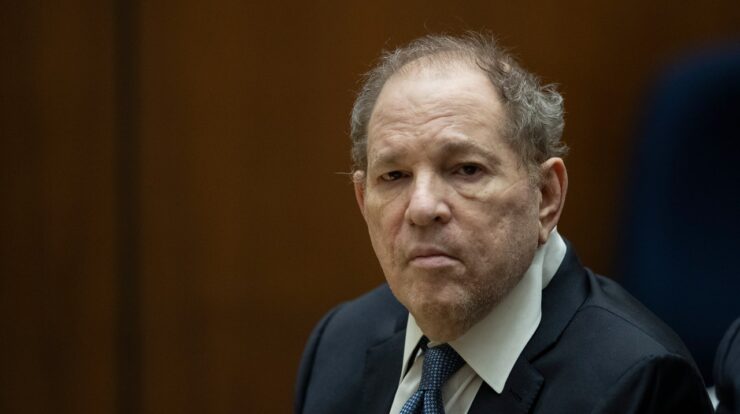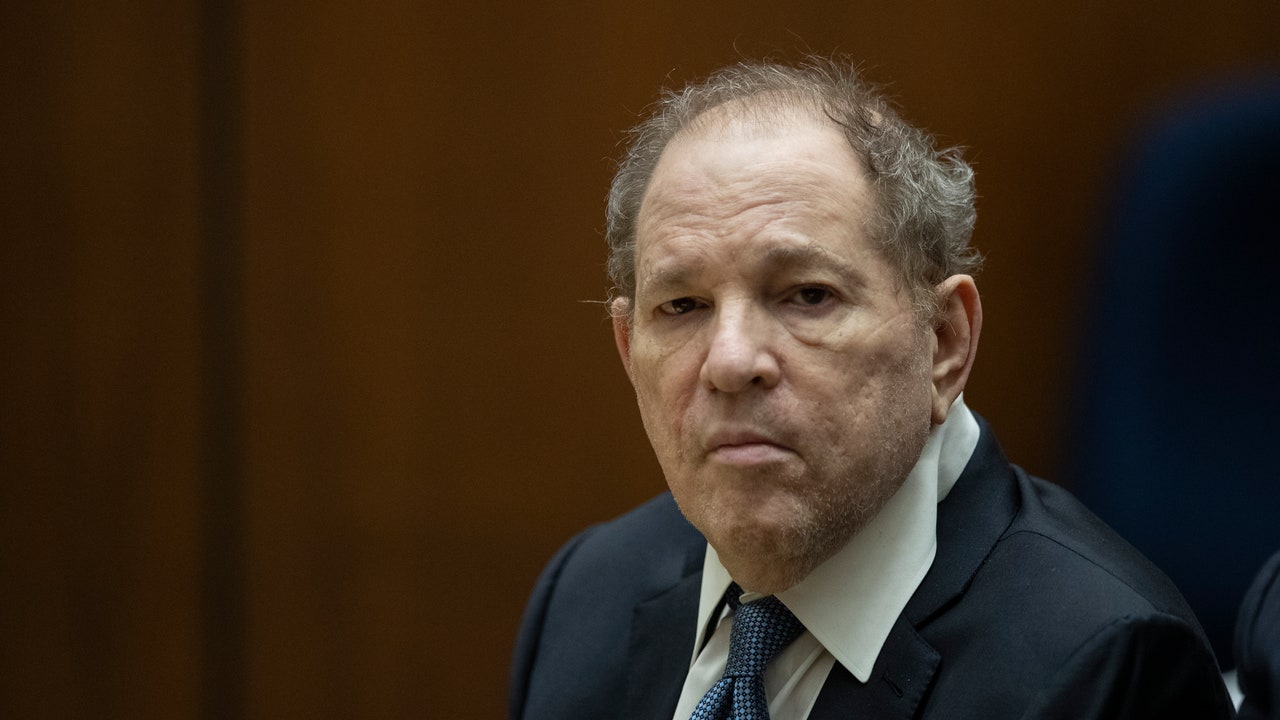
The concept of “overturned meaning” embarks on a profound journey, delving into the realm where established notions are challenged, and truths are re-examined. From the intricacies of legal rulings to the dynamic landscape of scientific discoveries, the overturned meaning unveils a captivating narrative of transformation and revelation.
This exploration delves into the legal arena, where precedents are overturned, reshaping the course of justice. It traverses the political sphere, where decisions are reversed, altering the trajectory of nations. The realm of science witnesses theories crumble and new paradigms emerge, while history’s tapestry is rewritten as once-held truths are overturned.
Overturned in Law
In legal contexts, overturning refers to the reversal or nullification of a previous legal decision or ruling. This can occur through various processes, including appeals, judicial review, and legislative action.
When a legal decision is overturned, it means that the original judgment is deemed to be incorrect or invalid. This can happen due to errors in the original proceedings, new evidence that comes to light, or changes in the applicable laws or regulations.
Examples of Legal Cases Where Decisions Were Overturned
- Brown v. Board of Education(1954): The Supreme Court overturned its previous ruling in Plessy v. Ferguson(1896), which had established the “separate but equal” doctrine. Brown v. Board of Educationdeclared that racial segregation in public schools was unconstitutional.
- Roe v. Wade(1973): The Supreme Court overturned its previous ruling in Griswold v. Connecticut(1965), which had established a right to privacy that protected access to contraception. Roe v. Wadelegalized abortion in the United States.
Grounds for Overturning Legal Decisions
- Errors of law or fact in the original proceedings
- Newly discovered evidence that could have affected the outcome of the case
- Changes in the applicable laws or regulations
- Violation of due process or other constitutional rights
Overturned in Politics
In politics, overturning refers to the reversal or cancellation of a previous political decision or policy. This can occur through various processes, such as elections, legislative action, or public pressure.
When a political decision is overturned, it means that the original policy or action is no longer in effect. This can happen due to changes in public opinion, new information or circumstances, or the election of new political leaders with different priorities.
Examples of Political Decisions That Were Overturned
- The repeal of the Affordable Care Act (ACA) in 2017 by the Republican-controlled Congress and President Trump. The ACA, also known as Obamacare, was a major healthcare reform law passed in 2010 under President Obama.
- The withdrawal of the United States from the Paris Agreement on climate change in 2017 by President Trump. The Paris Agreement was an international agreement to reduce greenhouse gas emissions and mitigate climate change.
Consequences of Overturning Political Decisions
- Loss of public trust in government institutions
- Uncertainty and instability in the political system
- Potential negative impacts on the economy, environment, or social welfare
Overturned in Science

In science, overturning refers to the rejection or replacement of a previously accepted scientific theory or discovery. This can occur due to new evidence, new interpretations of existing evidence, or the development of new theories that better explain the natural world.
When a scientific theory is overturned, it means that the original theory is no longer considered to be valid or accurate. This can happen due to the accumulation of evidence that contradicts the theory, or the development of a new theory that provides a more comprehensive or accurate explanation of the observed phenomena.
Examples of Scientific Theories That Were Overturned
- The geocentric model of the universe, which placed Earth at the center of the solar system, was overturned by the heliocentric model, which placed the Sun at the center.
- The theory of spontaneous generation, which held that living organisms could arise from non-living matter, was overturned by the germ theory of disease, which demonstrated that microorganisms cause disease.
Role of New Evidence in Overturning Scientific Theories
- New evidence can contradict the predictions of an existing theory.
- New evidence can support a new theory that provides a better explanation of the observed phenomena.
- New evidence can lead to the development of new technologies that allow for more accurate observations and experiments.
Overturned in History: Overturned Meaning
In history, overturning refers to the revision or reinterpretation of a previously accepted historical event or narrative. This can occur due to the discovery of new evidence, the re-examination of existing evidence, or changes in the cultural or political context.
When a historical event is overturned, it means that the original interpretation or narrative is no longer considered to be accurate or complete. This can happen due to the discovery of new evidence that contradicts the original account, or the emergence of new perspectives or interpretations that challenge the traditional view.
Examples of Historical Events That Were Overturned, Overturned meaning
- The discovery of the Dead Sea Scrolls in the 1940s and 1950s overturned the traditional understanding of the development of Judaism and Christianity.
- The re-examination of the evidence surrounding the assassination of President John F. Kennedy in the 1960s and 1970s led to the conclusion that there was a conspiracy to kill the president.
Impact of Overturning Historical Events
- Can lead to a better understanding of the past
- Can challenge traditional narratives and perspectives
- Can have implications for present-day policies and decisions
Overturned in Religion
In religion, overturning refers to the rejection or abandonment of a previously accepted religious belief or practice. This can occur due to changes in the religious landscape, new interpretations of sacred texts, or the influence of external factors such as political or social movements.
When a religious belief or practice is overturned, it means that the original belief or practice is no longer considered to be valid or authoritative. This can happen due to the discovery of new evidence that contradicts the belief, or the emergence of new interpretations of sacred texts that challenge the traditional view.
Examples of Religious Beliefs That Were Overturned
- The belief in geocentrism, which held that the Earth was the center of the universe, was overturned by the heliocentric model, which placed the Sun at the center.
- The practice of slavery was overturned in many religions during the 19th century due to the influence of abolitionist movements.
Reasons for Overturning Religious Beliefs
- New evidence or interpretations that contradict the belief
- Changes in the religious landscape or social context
- Influence of external factors such as political or social movements
Ultimate Conclusion
The overturned meaning serves as a testament to the ever-evolving nature of human understanding. It underscores the fluidity of knowledge, the fragility of assumptions, and the relentless pursuit of truth. As we navigate a world where perspectives shift and certainties dissolve, the overturned meaning empowers us to embrace the transformative power of change and to seek a deeper understanding of the world around us.
Common Queries
What constitutes an overturned meaning in a legal context?
In law, an overturned meaning refers to a situation where a higher court reverses a lower court’s decision, rendering it null and void.
How can political decisions be overturned?
Political decisions can be overturned through various mechanisms, such as legislative repeal, judicial review, or popular referendums.
What role does new evidence play in overturning scientific theories?
New evidence can play a crucial role in overturning scientific theories by providing compelling data that contradicts existing assumptions and leads to a revised understanding of the natural world.





